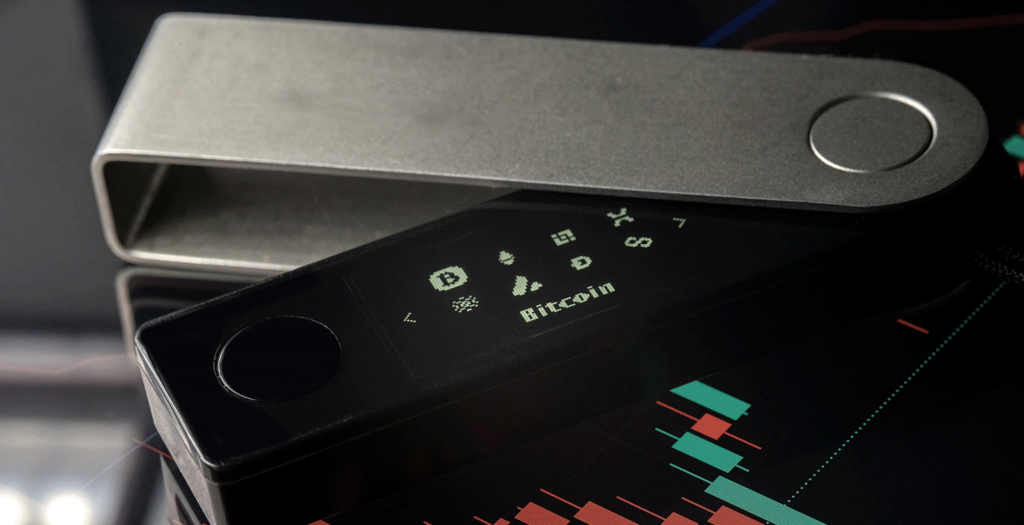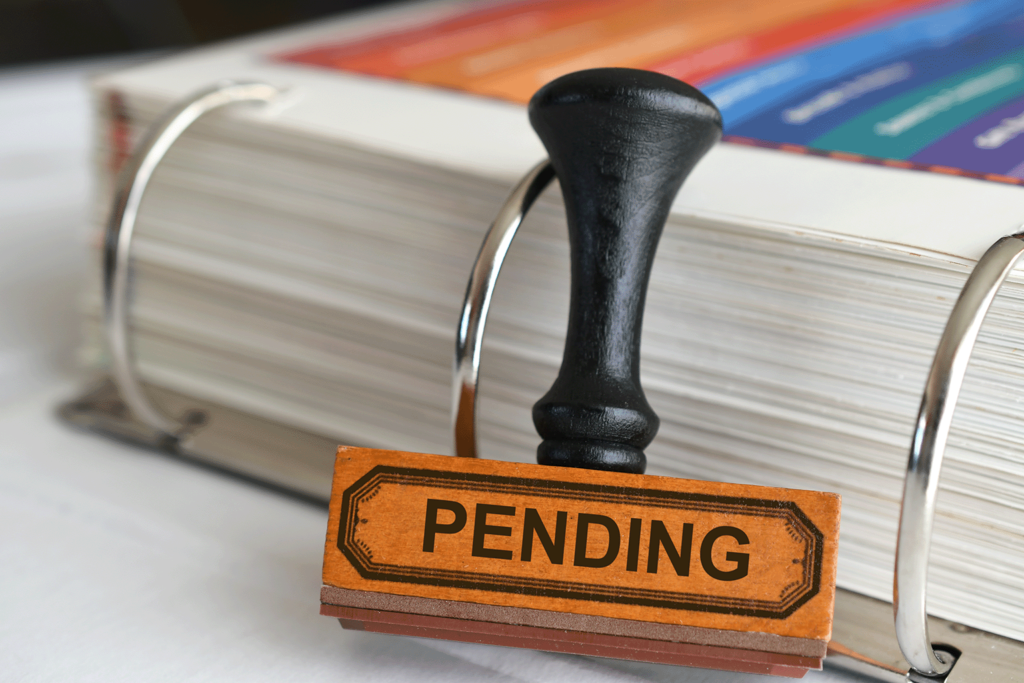Blockchain Wallets Explained

A blockchain wallet is an essential tool for managing digital assets, such as cryptocurrencies like Bitcoin or Ethereum. It functions as a software application or a physical device that securely stores your digital assets and facilitates transactions on the blockchain network.
Unlike traditional wallets that hold physical cash and cards, a blockchain wallet operates in the digital realm. It interacts with the blockchain, a decentralized and transparent public ledger that records all transactions in a chronological order.


How Blockchain Wallets Work
When you use a blockchain wallet to send or receive digital assets, the transaction is broadcasted to the blockchain network. It is then verified and validated by a network of computers, often referred to as nodes, that maintain the blockchain’s integrity. This verification process ensures that the assets being transferred are valid and that they have not been double-spent, preventing fraud or duplications.
Your blockchain wallet serves as a personal ledger, keeping track of your digital asset balance and transaction history. It maintains a record of all the transactions associated with your wallet address on the blockchain. This transparency allows you to track your funds and review past transactions whenever needed.
To access and utilize your blockchain wallet, you use a pair of cryptographic keys: a public key and a private key. The public key acts as your wallet’s address, which you share with others when receiving assets. The private key, on the other hand, is like a secret password that allows you to access and control your assets. It should be kept secure and never shared with anyone.
Blockchain Security
In simple terms, you can think of a blockchain wallet as a digital safe where you store your digital assets. You can deposit or withdraw funds as required, similar to putting money in or taking it out of a safe. The private key acts as the key to the safe, ensuring that only you have access to your assets.
By using a blockchain wallet, you can manage your digital assets independently without relying on traditional banks or intermediaries. It gives you control over your funds and the ability to transact securely and directly with others on the blockchain network.
A few use cases for blockchain wallets
- Secure Digital Asset Management – Blockchain wallets provide a secure and convenient way to store, send, and receive digital assets like cryptocurrencies.
- Cross-Border Payments – Blockchain wallets facilitate fast and low-cost cross-border transactions.
- Decentralized Applications (DApps) – Blockchain wallets serve as gateways to access decentralized applications.
- Self-Sovereign Identity – Blockchain wallets can enable self-sovereign identity, giving individuals control over their digital identities.
Blockchain wallets have emerged as crucial tools in the world of digital assets, offering individuals a secure and decentralized means to store, manage, and transact with cryptocurrencies and other digital tokens. These wallets leverage the power of blockchain technology, a decentralized and transparent system that ensures the integrity of transactions without the need for intermediaries. From secure asset management to cross-border payments, decentralized applications, and self-sovereign identity, blockchain wallets empower users with control and efficiency in the rapidly evolving digital landscape.


 English
English 

























